He’s Supposed to Marry a Japanese Princess. Just Don’t Call Him Her Fiancé.
Source: The New York Times
Princess Mako of Japan and her fiance endure pressure from her royal family, but defy expectations.

Princess Mako of Japan and her fiance endure pressure from her royal family, but defy expectations.

Why have some survivors of the devastation of Hurricane Katrina been able to recover effectively, while others have had a harder time getting back on their feet? Click this link to learn more about research on this topic.

A Smithsonian exhibition highlights the “invisible labor” women have been doing at home for decades as conversations regarding women empowerment swarm the nation.
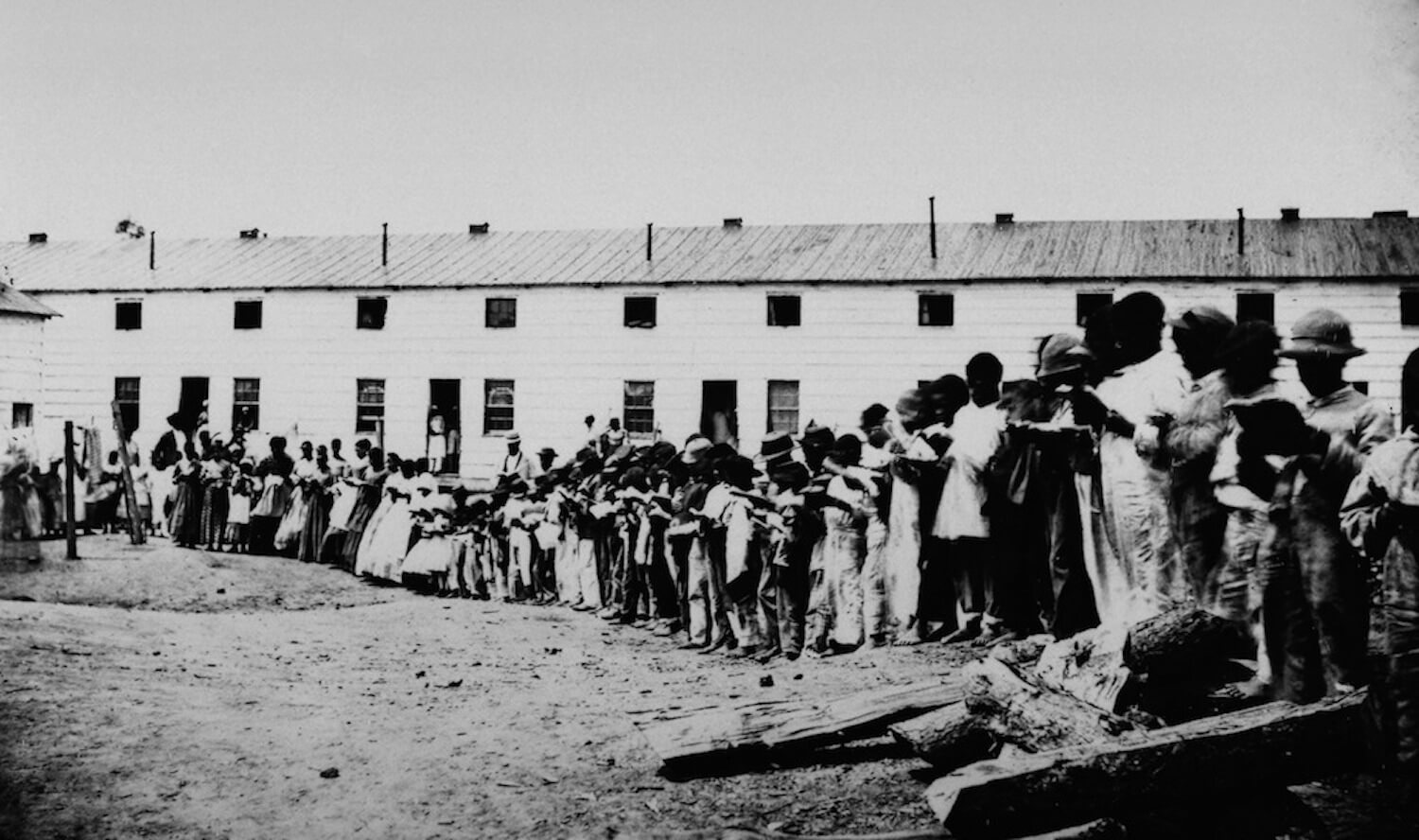
Historians are giving credit to sociologist, W.E.B. DuBois’s idea that enslaved workers coordinated a general strike, which helped end the Civil War.

Anne Frank’s stepsister speaks to worldwide ignorance in response to teenagers’ hateful display.
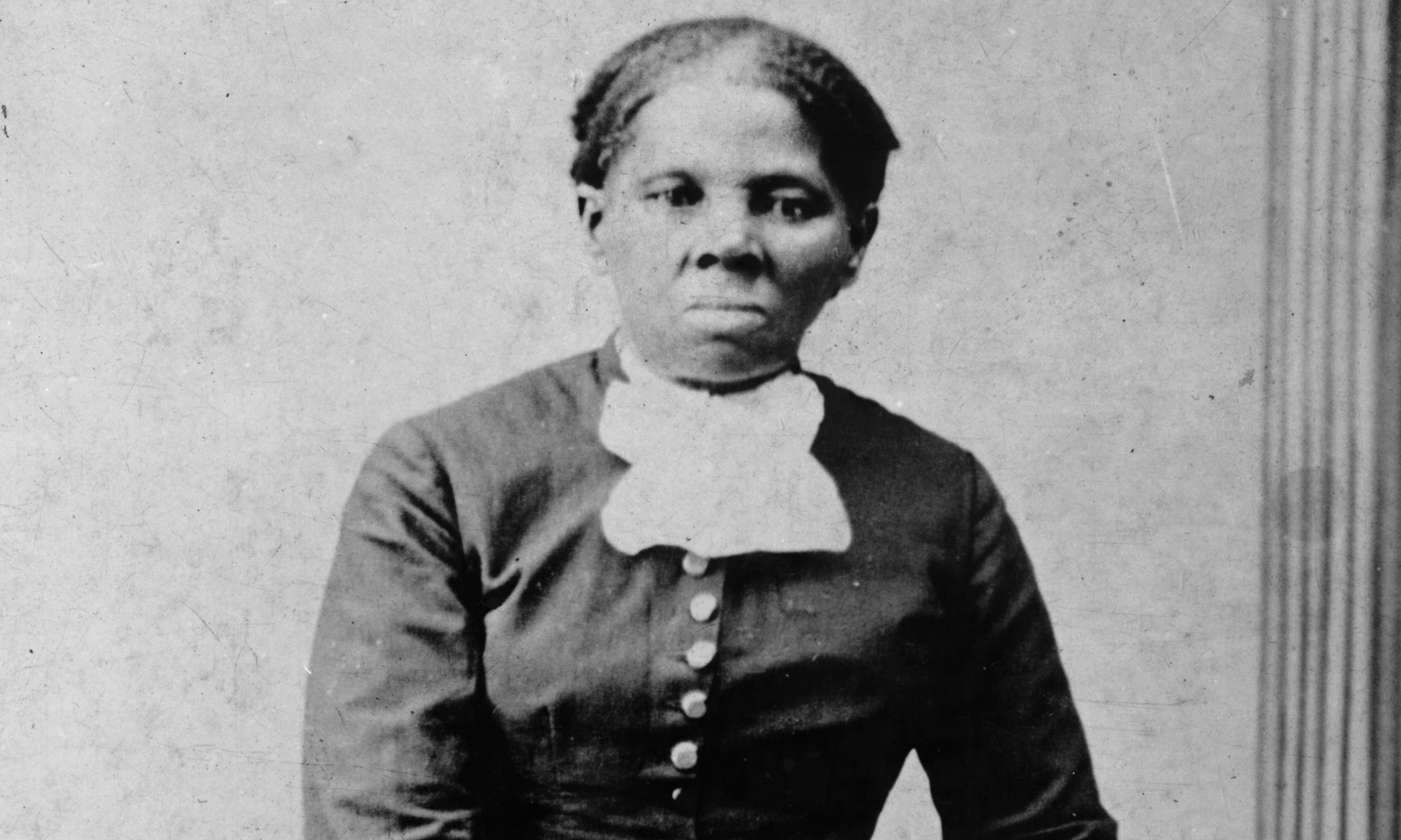
Explore significant stops along the Underground Railroad on this interactive map.
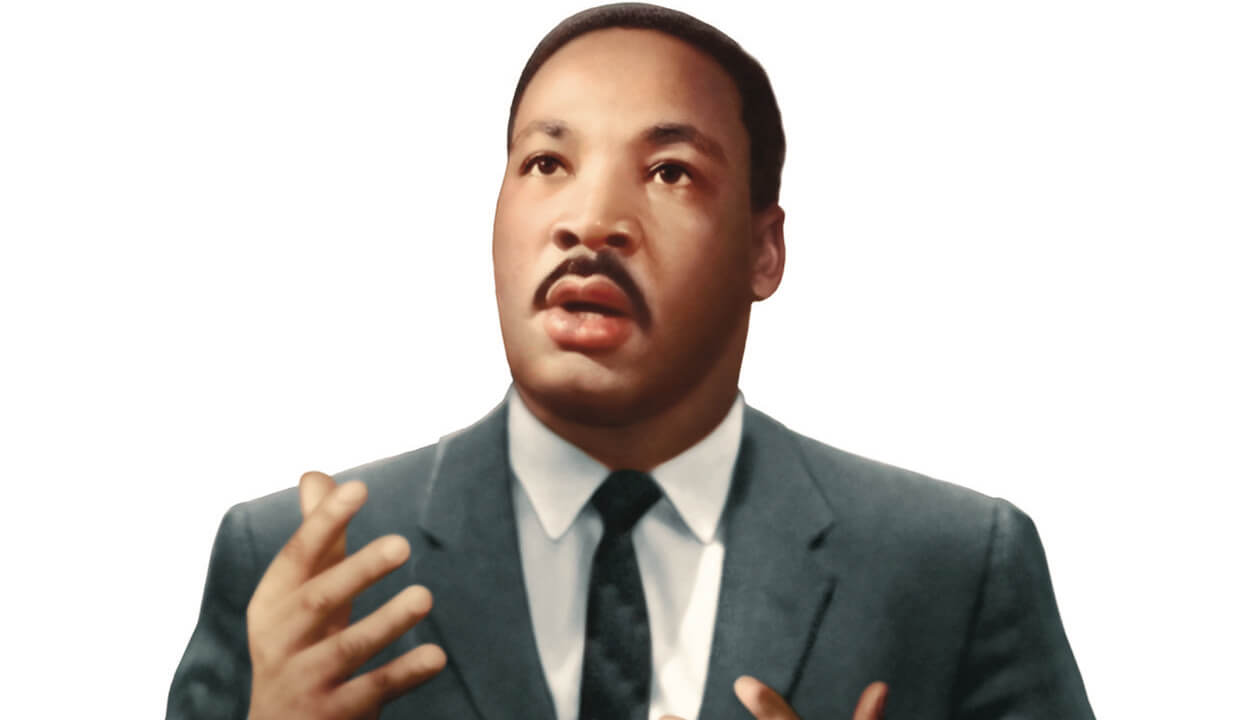
Thoreau inspired generations of international protesters with his essay, “Civil Disobedience.” Read how famous figures like Gandhi and Martin Luther King Jr. transformed Thoreau’s words into impactful actions.
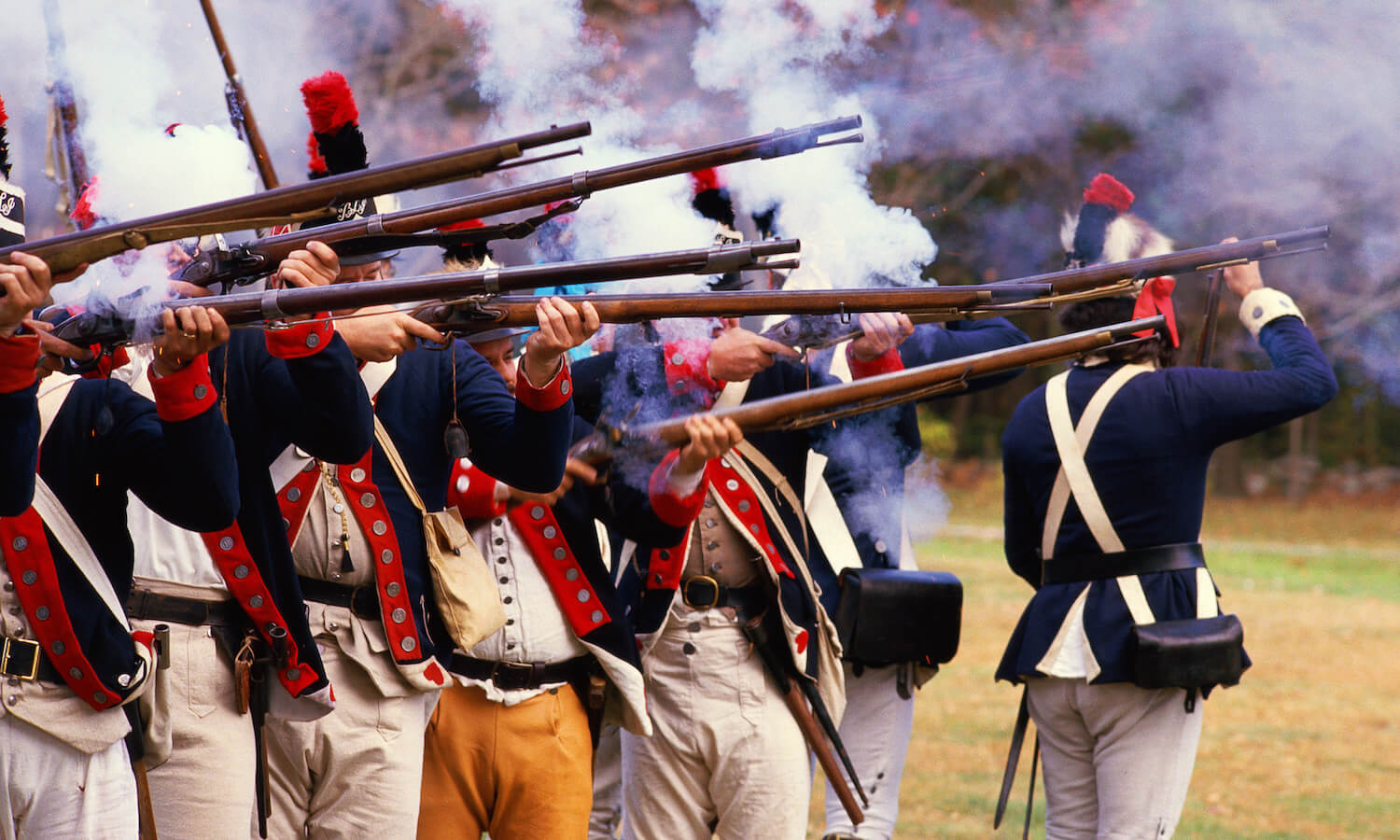
Most people know about George Washington and other key players of the American Revolution, but many other people contributed to the United States’ ultimate success. Read about 6 lesser-known heroes here.

The Montana House of Representatives voted to join several other states in celebrating Indigenous Peoples’ Day instead of Columbus Day. However, the fight for recognition is not over yet!
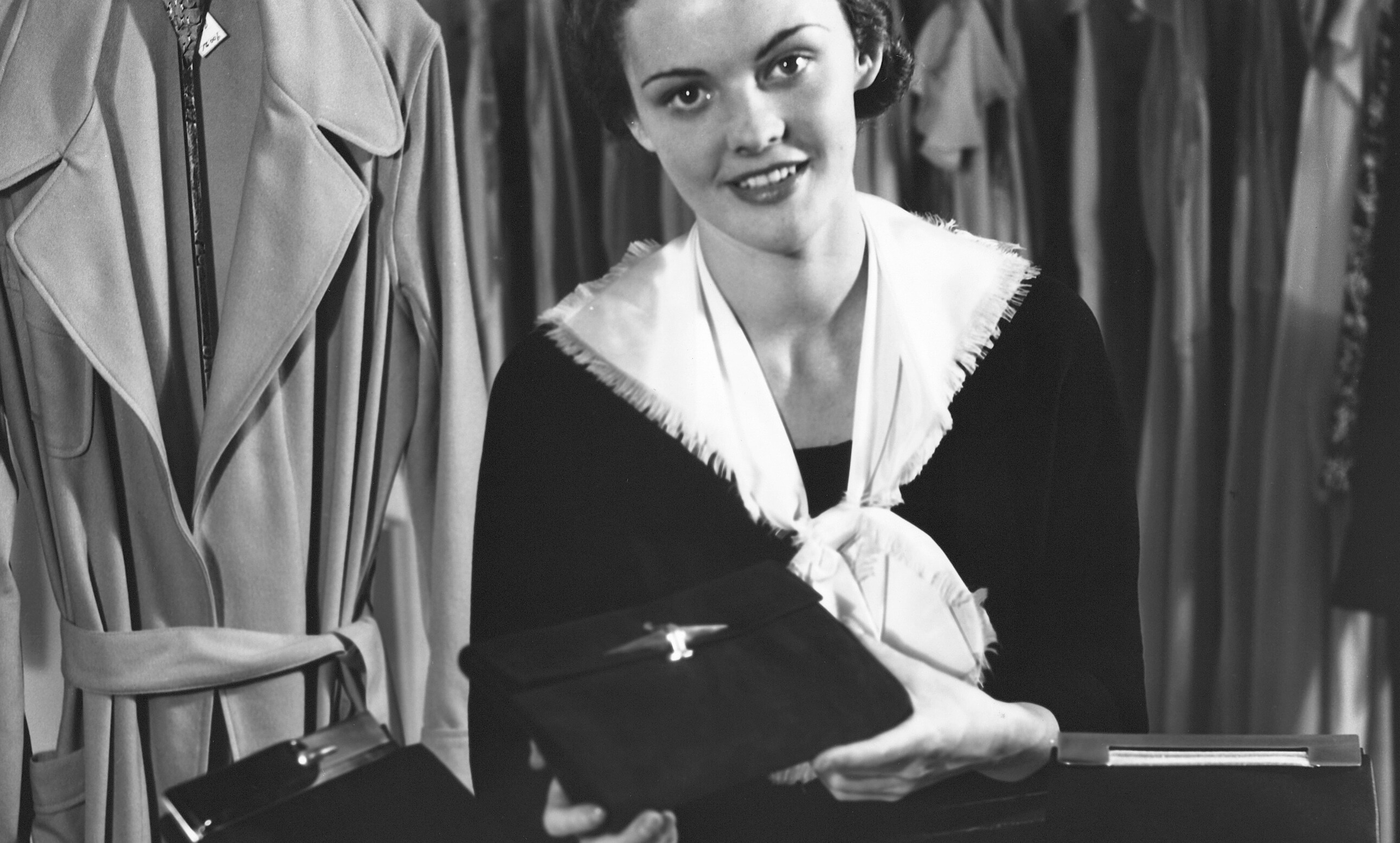
In the 1870s, the creation of deparatment stores gave women a socially acceptably way to leave the home, both as shoppers and as part of the workforce.